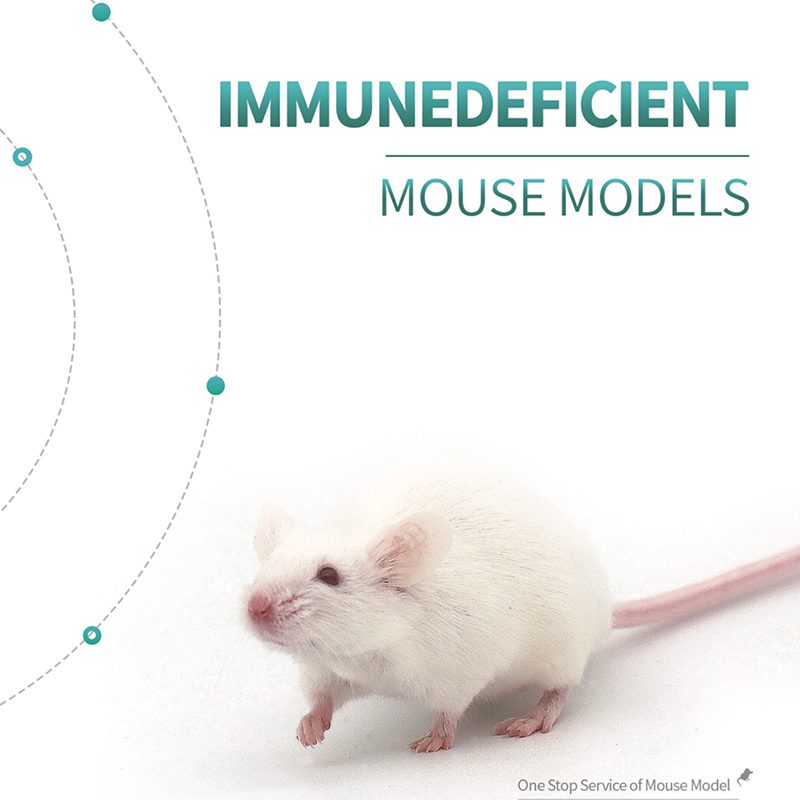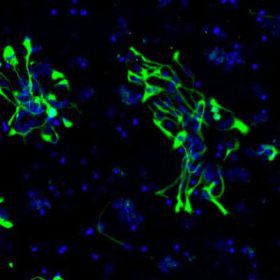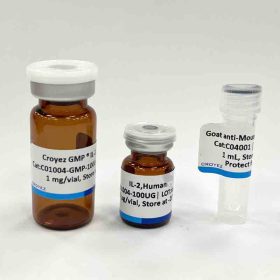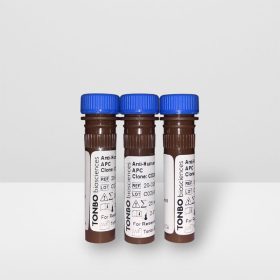Product Description
Immunodeficient Mouse Models
NCG Mice
NCG is a triple-immunodeficient mouse model. It is the first CRISPR-generated immunodeficient model developed by altering the Prkdc and Il2rg genes. It is the most immunodeficient model to date and is suitable for cells/tissues xenograft and human immune system components transplantation, enabling researchers to further study tumour biology and immuno-oncology.
The NCG model is well validated and has been available in the North American market since 2016. It is now accessible to the users in the Asia/Pacific market.
NCG (NOD/ShiLtJGPT-Prkdcem26Cd52 Il2rgem26Cd22)
NOD/ShiLtJGPT —–> Macrophage and DC deficient
Prkdc knockout —–> Absence of T cells and B cells
Il2rg knockout —–> Absence of NK cells
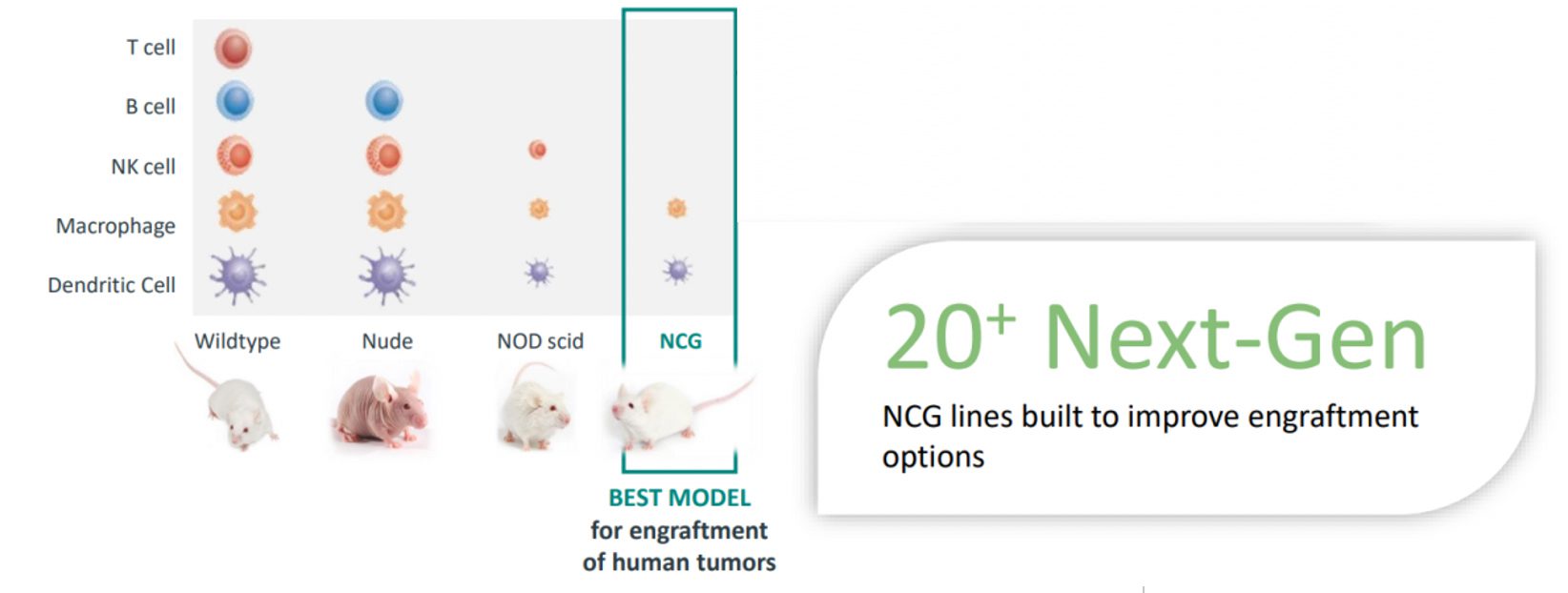
NCG Mouse Model Variants
| Strains | Function |
| NCG-SGM3 | Promote the development of myeloid lineages and lymphoid cells |
| NCG-hIL15 | Promote the development of NK cells |
| NCG-X | Able to engraft functional T cells without irradiation, and promote erythroid development in BM |
| NCG-hIL6 | Enriched CD14+ monocyte and macrophage differentiation |
| NCG-hIL7 | Promote the development of T and B cells |
| NCG-hBAFF | Promote the development of B cells |
| NCG-hIL2 | Promote the development of T cells and NK cells |
| NCG-B2M-KO | Relatively resistant to graft versus host disease (GvDH) |
Advantages of GemPharmatech’s Severe Immunodeficient Mouse Models
- Our comprehensive portfolio of NCG and next-generation NCG mice enables excellent engraftment of human PBMCs, HSCs, and human tumor tissues.
- Our proprietary NCG strains have an extended life span of greater than 90 weeks—approximately 15 weeks longer than for other severe immunodeficient mouse models.
- One of our next-generation NCG strains, NCG-X, enables engraftment in the absence of irradiation, promising better animal health and reduced experimental complication.
- Our large selection of PDXs provides preclinical tools for drug screening, biomarker development, and personalized medicine.
- Our collection of CDXs provide a renewable source of patient tumor materials that can be used for a variety of research applications.
Selected publications:
Zhang L, Zhu Z, Yan H, et al. Creatine promotes cancer metastasis through activation of Smad2/3. Cell Metab. 2021;33(6):1111-1123.e4. doi:10.1016/j.cmet.2021.03.009
Zhang XN, Yang KD, Chen C, et al. Pericytes augment glioblastoma cell resistance to temozolomide through CCL5-CCR5 paracrine signaling. Cell Res. 2021;31(10):1072-1087. doi:10.1038/s41422-021-00528-3
Shao F, Liu Q, Zhu Y, et al. Targeting chondrocytes for arresting bony fusion in ankylosing spondylitis. Nat Commun. 2021;12(1):6540. Published 2021 Nov 11. doi:10.1038/s41467-021-26750-6
Documents

